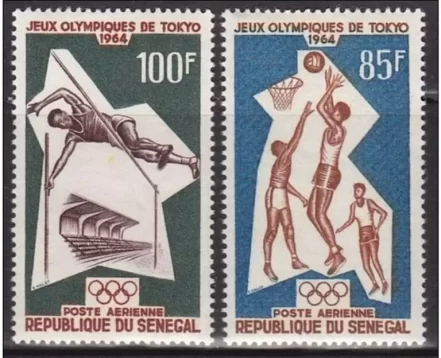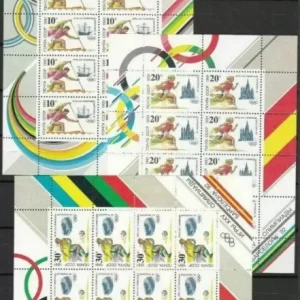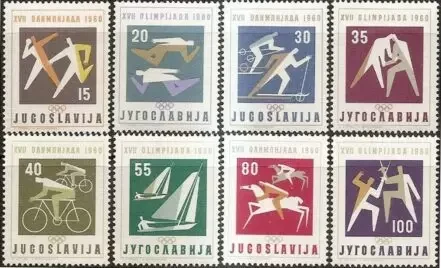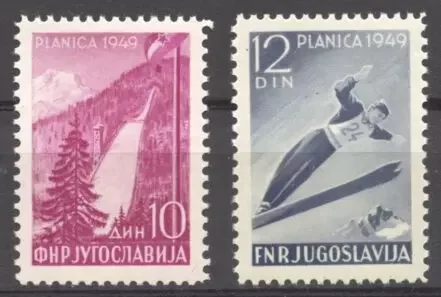The 1964 Olympic Games in Tokyo were a landmark event in Olympic history. They were the first Olympics held in Asia and symbolized Japan’s post-war recovery and re-emergence on the global stage. Here’s an overview of the key aspects of the 1964 Games:
Key Facts
- Host City: Tokyo, Japan
- Dates: October 10–24, 1964
- Participating Nations: 93
- Athletes: Over 5,000 competitors
- Sports: 19 sports and 163 events
- Motto: “Ever Onward”
Highlights
- Technological and Cultural Significance:
- These were the first Olympic Games to be broadcast live via satellite, making them the most widely watched Games up to that time.
- The Games showcased Japan’s technological advances, such as the debut of the Shinkansen (bullet train), which began operation just before the Games.
- Notable Firsts:
- Judo made its debut as an Olympic sport, with Japan winning three gold medals.
- Volleyball also debuted, with Japan’s women’s team winning the gold medal.
- The first use of computers to calculate results.
- Athletic Achievements:
- Abebe Bikila of Ethiopia became the first athlete to win back-to-back Olympic marathons, running barefoot in Rome (1960) and shod in Tokyo (1964).
- The USA Men’s Basketball Team, led by Bill Bradley, won gold.
- Soviet gymnast Larisa Latynina added to her historic medal tally, cementing her place as one of the most decorated Olympians.
- Opening Ceremony:
- The torch was lit by Yoshinori Sakai, a young man born in Hiroshima on the day of the atomic bombing, symbolizing peace and renewal.
- The ceremony emphasized traditional Japanese culture and modern innovation.
Legacy
- The Tokyo Olympics set a new standard for hosting the Games, emphasizing infrastructure development, international cooperation, and cultural pride.
- Venues like the National Gymnasium (designed by Kenzo Tange) are considered architectural masterpieces.
- Inspired future Asian Olympic hosts, including Seoul (1988) and Beijing (2008).












Reviews
There are no reviews yet.